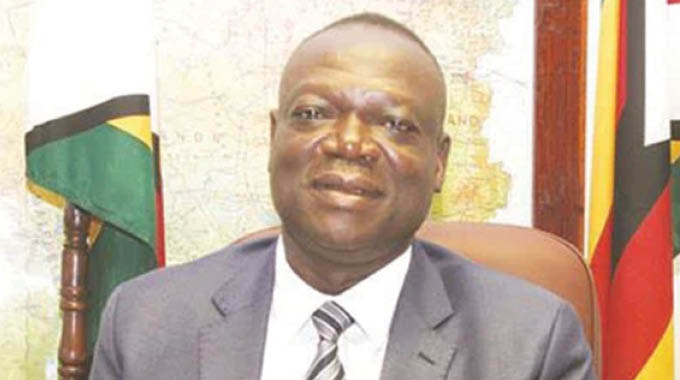
Tawanda Musarurwa, Harare Bureau
Government has lauded smallholder farmers for playing a critical role towards contributing to the country’s food and security requirements.
Said the Minister of Lands, Agriculture and Rural Resettlement Dr Perrance Shiri: “Government appreciates the contributions that FAO, civil society organisations represented by the National Association of Non-governmental Organisations and Zimbabwe Smallholder Organic Farmers Forum and producers’ organisations in providing organisational, economic, and social support to smallholder farmers, pastoralists and those who rely on fishing and forestry for their livelihoods,” he said yesterday.
Minister Shiri revealed this during the Civil Society Organisation Consultation for the 31st Session of the FAO Regional Conference for Africa held in Harare yesterday.
The event was facilitated by the National Association of Non-governmental Organisations.
“This role is important as it contributes towards the achievement of the Sustainable Development Goals, Agenda 2063 and national development plans that have a thrust of ending hunger, poverty and inequality in Africa.”
“The elimination of hunger for more than 750 million people in Africa and responding to different structural challenges requires strong partnerships, collaborations and commitments between various stakeholders. The civil society is fundamentally pivotal in this endeavour.”
Yesterday’s event was a precursor to the FAO Africa Regional Conference, which will be held next month in Victoria Falls.
FAO has since launched the “Hand-in-Hand Initiative”, an evidence-based, country-led and country-owned initiative to accelerate agricultural transformation and sustainable rural development to eradicate poverty (SDG 1) and end hunger and all forms of malnutrition (SDG 2).
Said FAO assistant director-general Abede Haile-Gabriel:
“Under the initiative, FAO is providing a GIS-based platform with agricultural typologies at the national level for all priority countries, identifying micro-regional level opportunities, bottlenecks, and investment gaps.”
Minister Shiri said Government was open to contributions from the country’s non-governmental organisations as well as international institutions.
He added that homegrown policies are critical in fighting developmental challenges such as reducing hunger.
“The time is now for Africa to develop home-grown policy solutions that are effective in addressing our unique and peculiar developmental challenges. Thus, this space is fundamental in providing a pool of policy options for consideration at regional and national level as you are aware that we have the Agenda 2063, which we are rallying behind as Africa in our quest to have the ‘Africa We Want Vision’.”
